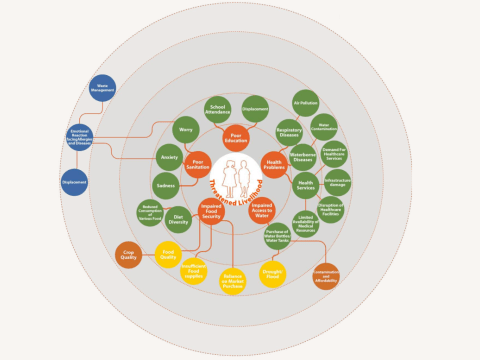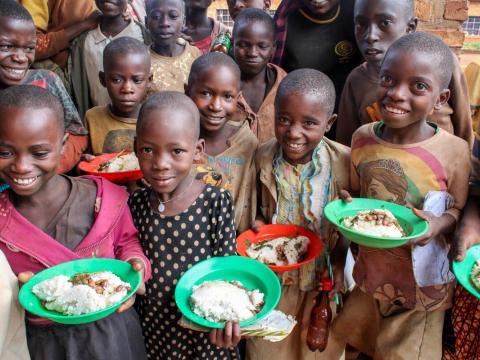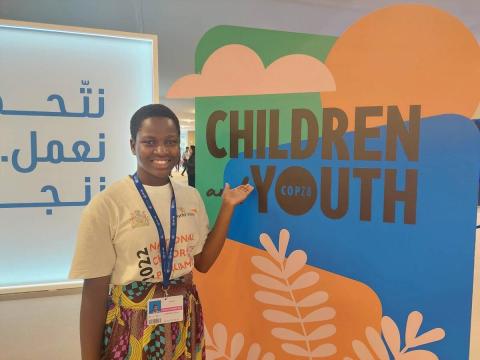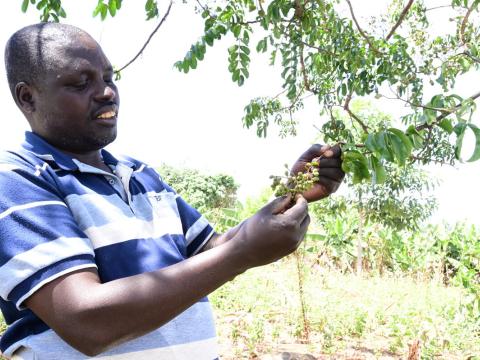
COP29 means more climate finance goals: but will there be true ambition?
Jason Garrett hopes the ambition he discovered in Kenya compares to that desperately needed at this year’s COP29 in Baku, Azerbaijan.
6 November, 2024
One of the crucial issues under discussion at this year’s upcoming COP29* climate change summit will be the “New Collective Quantified Goal”. This will set the target for international climate finance for the next few years.
The previous target for climate finance, $100 billion a year by 2020, had been agreed at COP15 in Copenhagen in 2009. This target was missed, and wasn’t actually met until 2022, which doesn’t give me much confidence for the new goal, especially given the economic challenges across the world right now.
World Vision is, once again, calling for real ambition to be shown at COP29, and for courageous goals and targets to be set. Given how much their decisions matter now and to future generations will nation state and government representatives show sufficient boldness, determination, and vision required to address this planet-wide threat? Or will domestic concerns come first?
Ambition in action
I wish they could have been with me on my recent trip to see some of the work World Vision Kenya has been doing in Kiambogoko Area Programme, near Nukuru. I met with local people who have been using World Vision’s Farmer Managed Natural Regeneration (FMNR) technique to restore degraded environments in and around their farms. FMNR is a programming approach that World Vision has put at the heart of its ambitious campaign to see 1bn hectares of land regreened.
I was struck by the huge difference these relatively simple approaches has made to the lives of those participating in the programme. But I was struck even more by local people’s ambition: to improve their environment, their family’s lives and their communities.
One farmer in particular, Musa, enthusiastically showed us the trees he had restored using FMNR, and the grass he had been able to grow among the trees that he can use to feed his cattle. He would then use the manure from his cows to fertilise the fields where he was growing vegetables and other crops, so he doesn’t need to use chemicals on his land. That’s good for him as he isn’t having to pay for expensive inputs, and good for the land, as chemicals reduce soil fertility over time.
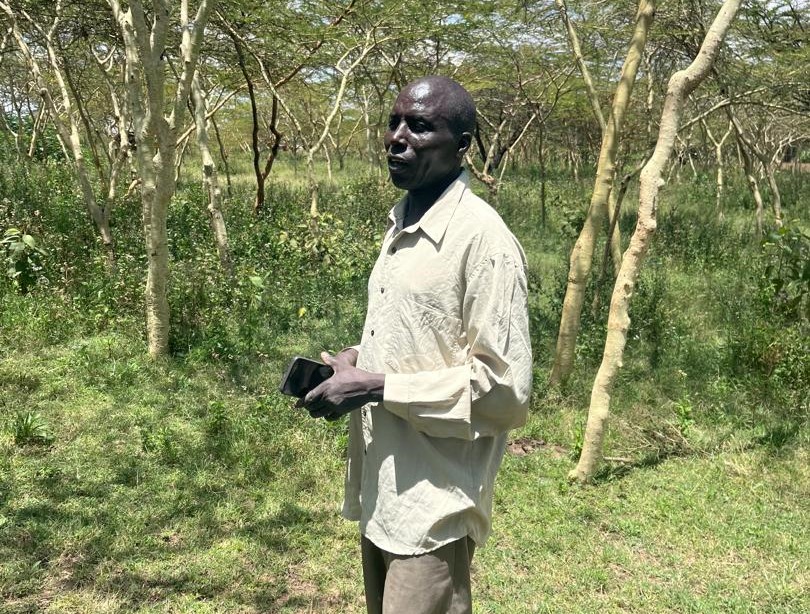
The benefits of ambition
But what impressed me the most was how all the people we met were working hard, not just for themselves, but for their children and for their communities. The project participants would teach all the new techniques they had learned to their friends and neighbours, helping others to benefit from their knowledge and experience.
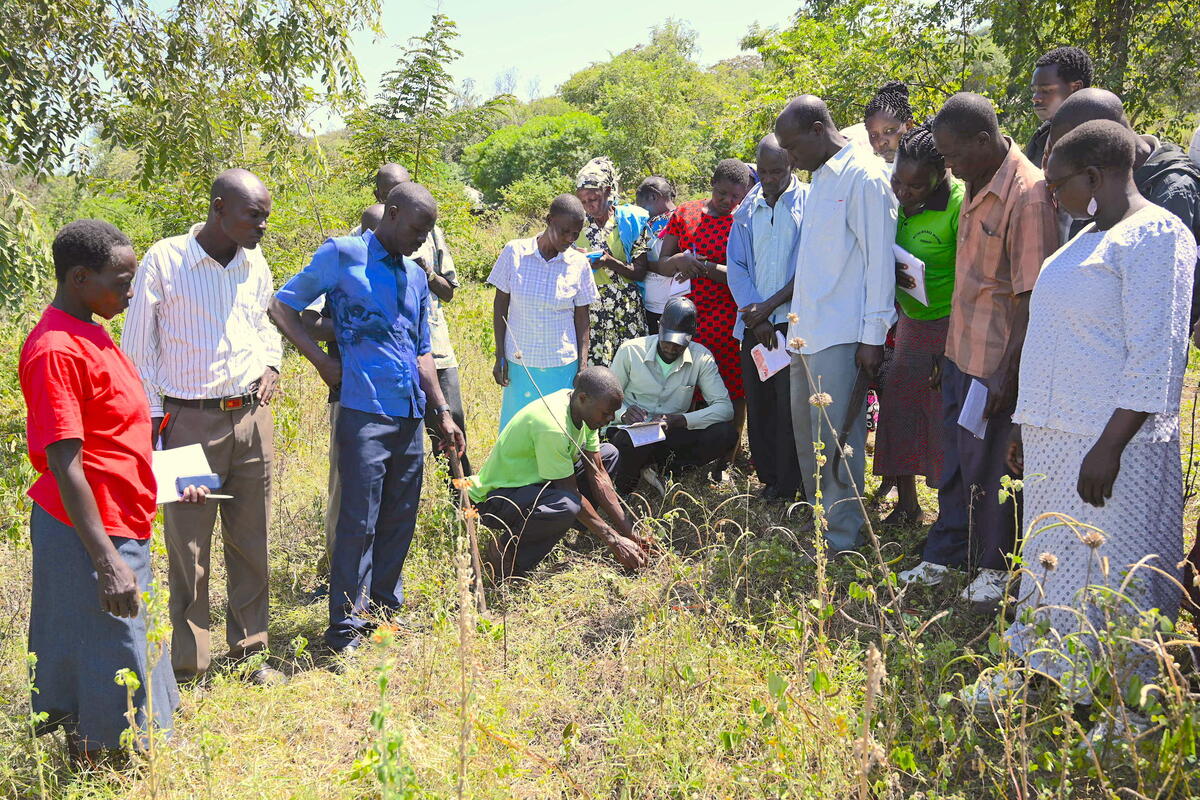
Their efforts were also motivated by their ambition that their children should have a better future. Musa told us that he no longer needed to look for casual work as he was doing well on his farm, and his children could now concentrate on their studies. He showed great ambition for his children, setting them an example of hard work, and of doing the right things to care for his family, his community and for the environment, which he relies on for his livelihood.
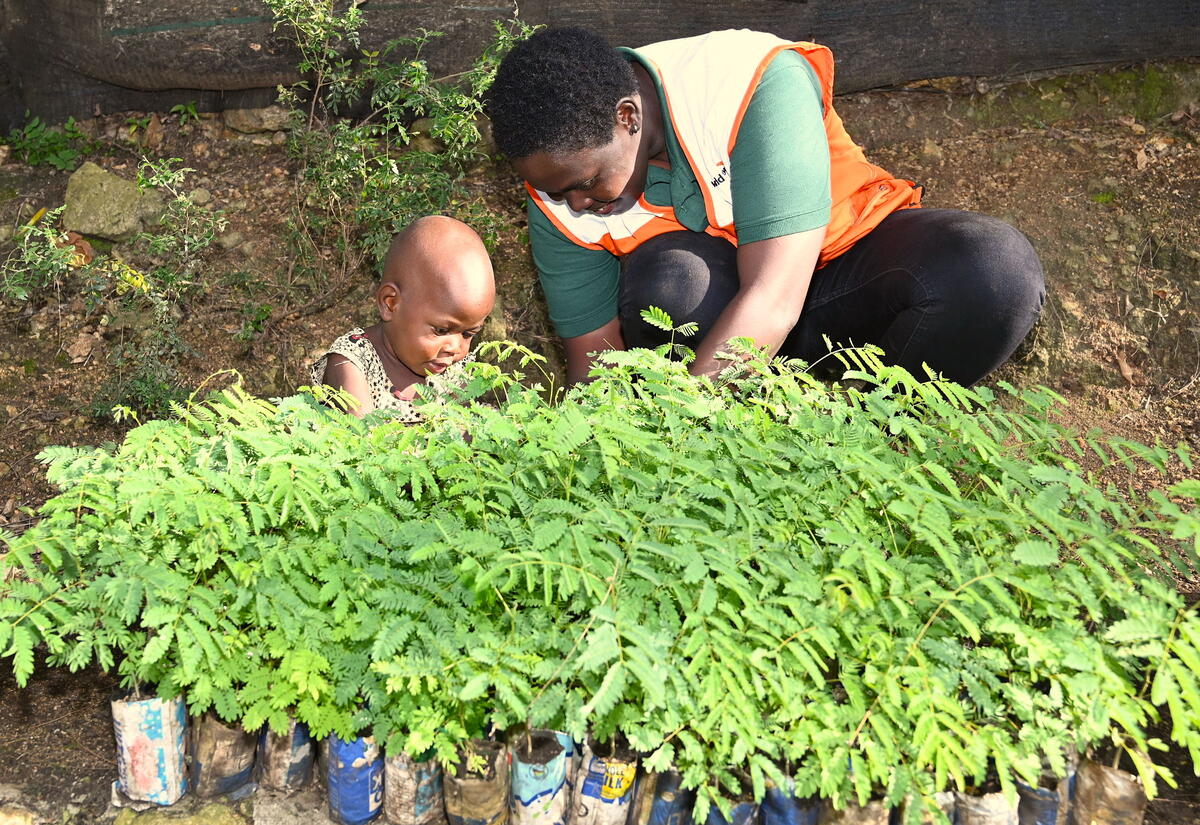
Will COP29 show climate courage?
My question is: will the negotiators at COP29 show the same level of ambition when it comes to agreeing the New Collective Quantifiable Goal for climate finance? Previous COPs suggest not. Ambition to address this threat to our planet has, sadly, always been lacking. No governments want to be the first to really commit; everyone is cautious, everyone has competing domestic issues.
Maybe if they met those families Kiambogoko, saw their hard work, and saw the way they have cared for and restored the environment around them, decision-makers would be inspired to match the level of ambition those families show for their children and communities. Maybe they would realise that, when it comes to the climate crisis, we are all neighbours, all members of the same global community.
To learn more about World Vision's work on environmental sustainability and climate action click here
Jason Garrett is Senior Resilience Programme Advisor for World Vision UK.
* The Conference of the Parties (COP) to the UN Framework Convention on Climate Change (UNFCCC)
